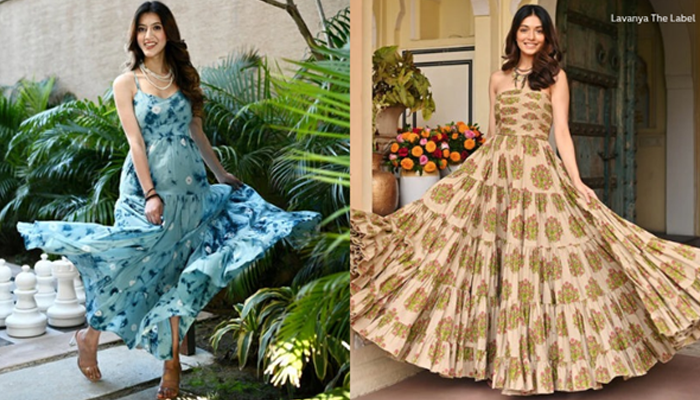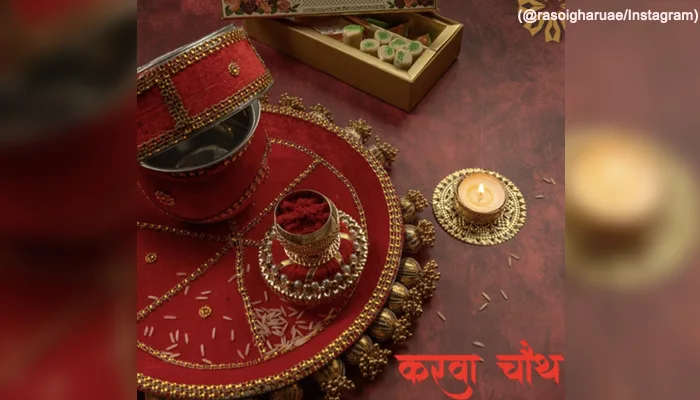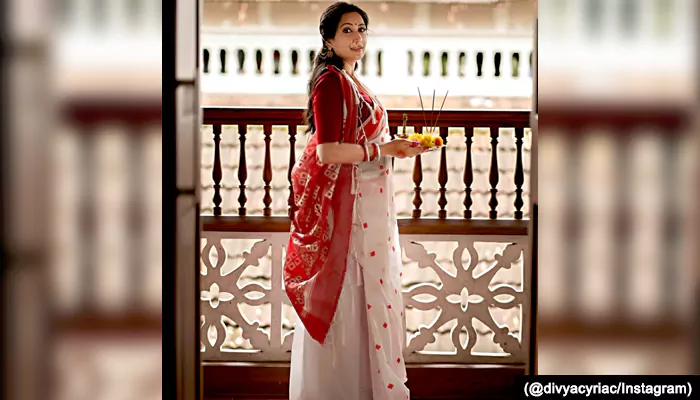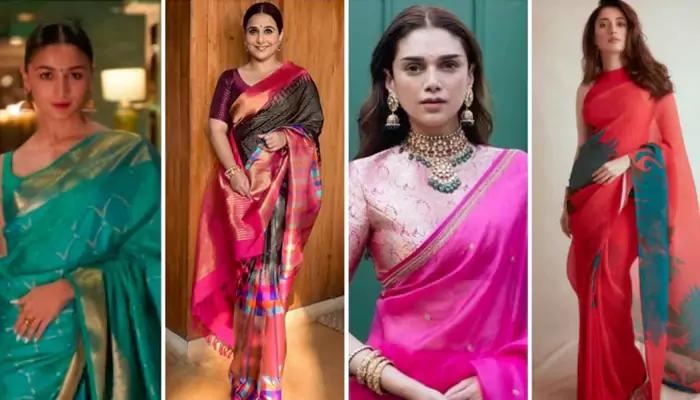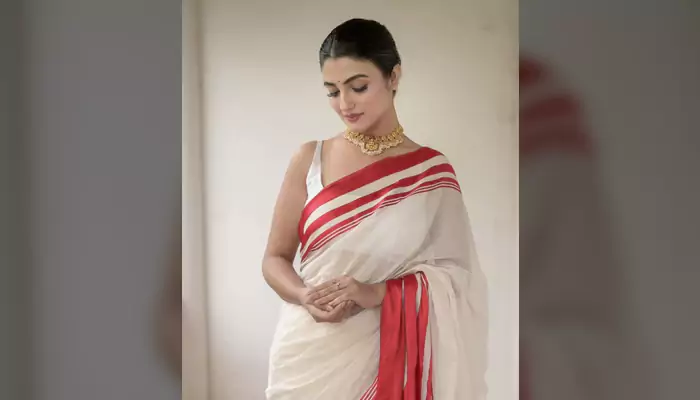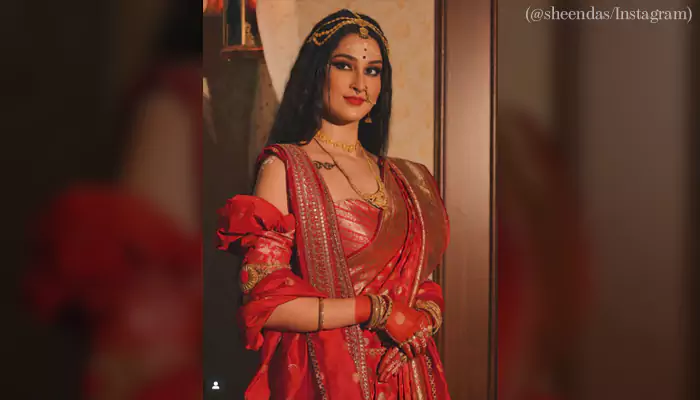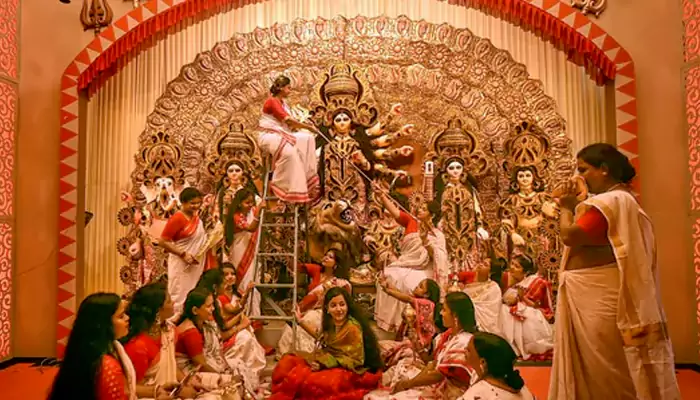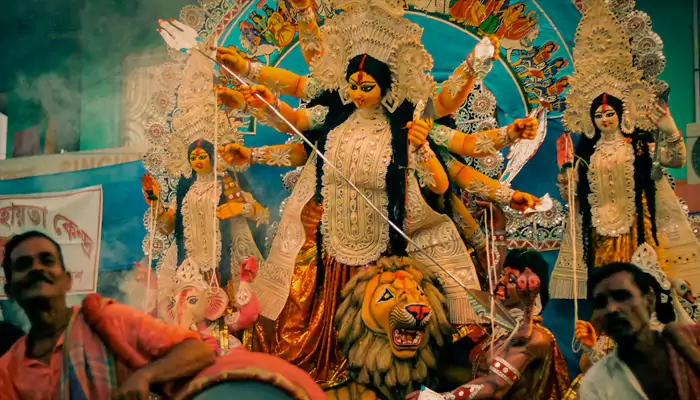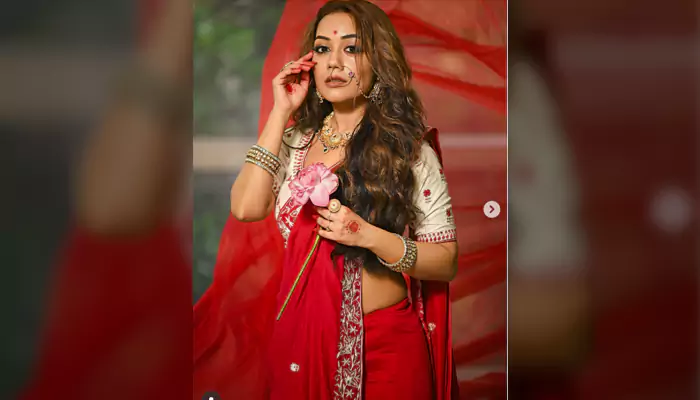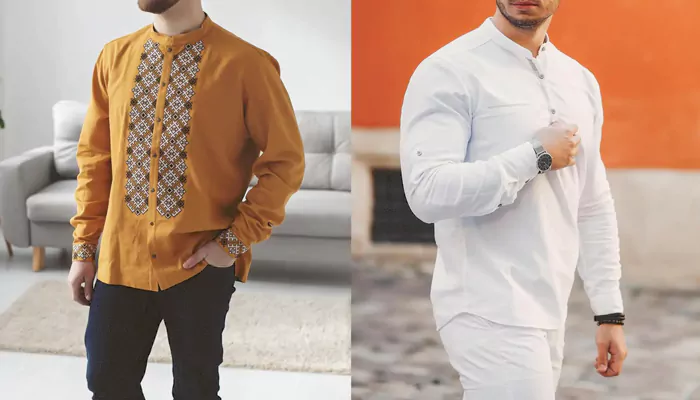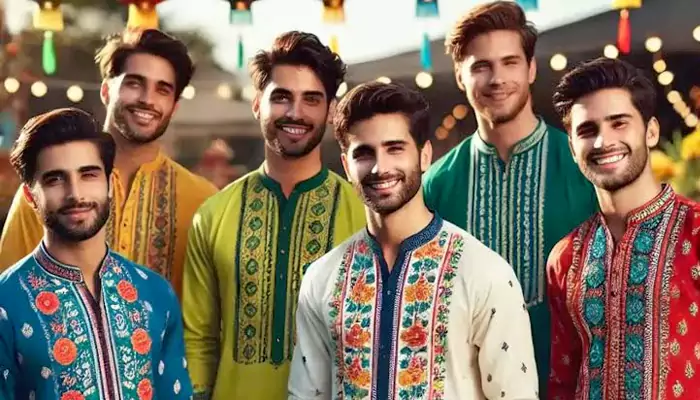Independence Day Special: From Freedom Fabric to Fashion Flex – The Khadi Revival
- Devyani
- 6 months ago
- 5 minutes read
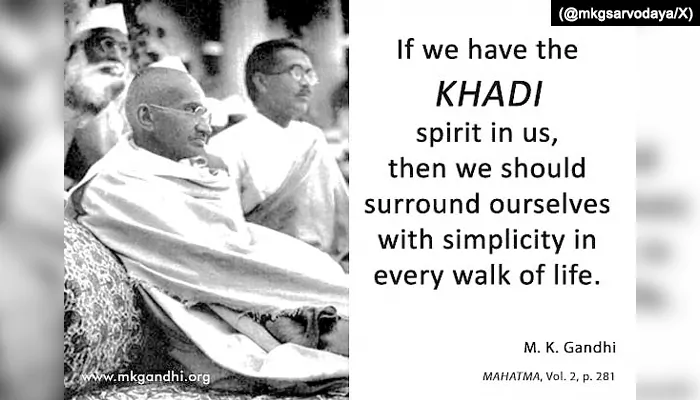
Once the cloth of revolution, khadi’s getting a seriously stylish reboot. Let’s unravel its journey from freedom fighter uniform to fashionista favourite!
So, Independence Day rolls around, and amidst the flag hoisting and deshbhakti songs, our thoughts often drift to those powerful symbols of our freedom struggle. And right there, woven into the very fabric of that history, is khadi. Remember those slightly stiff, beige kurtas that maybe felt, well, a bit grandpa-chic? Yeah, khadi had a bit of an image problem for a while. But hold onto your charkhas, folks, because this heritage hero is back, and it’s cooler than ever!
From Swadeshi Staple to Style Staple: The Khadi Story
That level of of production is standard in European bespoke shirtmaking. But where 100 Hands excels is in their gratuitous level of handwork. Everything is done by hand: armhole, collar (inside and out), side seams, placket, gussets, monograms and even buttonholes (!!). pic.twitter.com/7YTe5EMcSs
— derek guy (@dieworkwear) December 29, 2024
(@dieworkwear/X)
Picture India in the early 1900s - the British empire’s grip is tight, and they’re flooding our markets with imported mill cloth. Now emerges Mahatma Gandhi - he didn’t just talk revolution; he spun it, literally. In 1920, he made the charkha, the humble spinning wheel, the beating heart of the Swadeshi movement. Why? Khadi wasn't just cloth; it was political defiance. Every thread spun by hand, every yard woven locally, meant rupees staying in Indian pockets and jobs for our villages. Wearing khadi became a badge of honour, a visible commitment to swaraj (self-rule). It was rough, it was homespun, but it carried the weight of a nation's dreams.
Gandhiji's visit to Badanavalu near Mysore, 1931.
— vktkv (also on bluesky) (@Vktkv) August 15, 2020
A khadi cooperative established here in 1927 by four Dalit women had grown considerably prompting Gandhiji to visit the place. pic.twitter.com/DwpROivpFE
(@Vktkv/X)
The "Uncool" Years: When Khadi Took a Nap
Fast forward a few decades post-independence. Khadi, bless its cotton soul, kinda got stuck. It became synonymous with government emporiums, politicians' uniforms, and maybe your school’s annual Independence Day play costume. It felt stiff, limited in colour, and frankly, a bit frumpy. Younger generations saw it as outdated, something their elders wore. The very qualities that made it revolutionary - its handspun, coarse texture - started working against it in the world of fast fashion and silky synthetics.
Spin Cycle: The Fab Khadi Comeback!
But here’s the beautiful twist. Just like vintage vinyl or retro sneakers, true classics always find their way back. And khadi? It’s having a major renaissance. What changed?
Designers Got Crafty
(@sabyasachiofficial/Instagram)
Khadi Revival by Sabyasachi Mukherjee
Superstar designers like Sabyasachi Mukherjee, Raw Mango, Anavila, Rimzim Dadu, and Abraham & Thakore looked past the stiffness. They saw potential. They played with weaves - looser, softer, drapier! They unleashed a rainbow of natural dyes - think earthy ochres, deep indigos, vibrant madder reds, not just beige! Suddenly, khadi saris flowed like poetry, kurtas had modern cuts, and jackets looked effortlessly chic. They proved khadi could be luxurious, contemporary, and yes, chic.
(@luxuryfactsmag/Instagram)
Khadi Revival by A Humming Way by Sweta Agrawal
Consciousness Kicked In
As we all wake up to the environmental nightmare of fast fashion (pollution, waste), khadi shines like a beacon. It’s inherently sustainable: handwoven, natural fibers (cotton, silk, wool), low carbon footprint, biodegradable. Buying khadi supports rural artisans directly, keeping ancient skills alive. It’s fashion that feels good because it does good.
(@hepc_india/Instagram)
Cool Factor Activated
Celebrities and style icons started rocking designer khadi on red carpets and Instagram. Young folks, craving unique, meaningful style, took notice. Khadi stopped being just "heritage" and became "heritage cool." It’s no longer just for formal events; think breezy summer dresses, structured blazers, even quirky accessories! That slightly textured feel? Now it’s called ‘artisanal’ and ‘tactile’.
(@sonamkapoor/Instagram)
Sonam Kapoor in Khadi Lehenga and Dupatta by Abu Jani Sandeep Khosla
Why This Revival Rocks (Beyond Just Looking Good!)
This isn't just a fashion trend; it's a meaningful reconnect. Wearing khadi today is like carrying a piece of living history. You can almost feel the dedication in the slightly uneven weave, smell the earthiness of natural dyes. It connects us to the hands that spun the yarn and the loom that wove it. Plus, it’s comfy! Modern khadi breathes beautifully, keeping you cool in summer and surprisingly warm in winter layers. It’s versatile, durable, and ages gracefully, developing a unique character over time.
(@abhishekkashyapphotography/Instagram)
Kangana Ranaut in ivory Khadi Saree and Trenchcoat
So, this Independence Day, when you think about freedom, spare a thought for the humble khadi thread. It’s come full circle - from a weapon of resistance to a symbol of sustainable, stylish, and deeply Indian self-expression. It’s proof that our roots hold incredible power, waiting to be rediscovered and reimagined.
Looking for a way to celebrate that feels authentic? Ditch the mass-produced polyester tricolour tees (we know they end up in landfills!). Opt for a beautiful, handcrafted khadi piece instead. You’ll look amazing, support incredible artisans, and wear a true piece of India’s soul.

